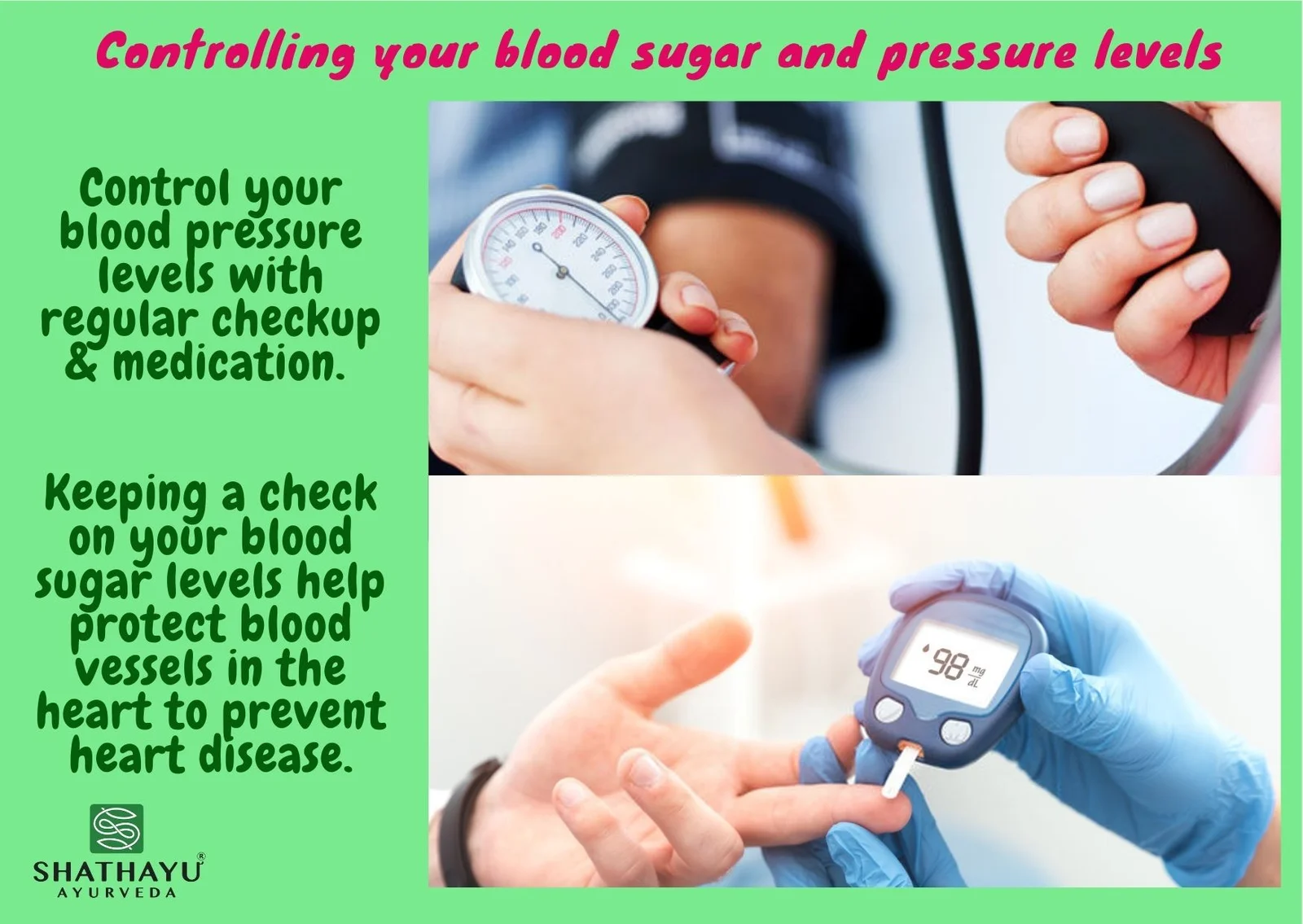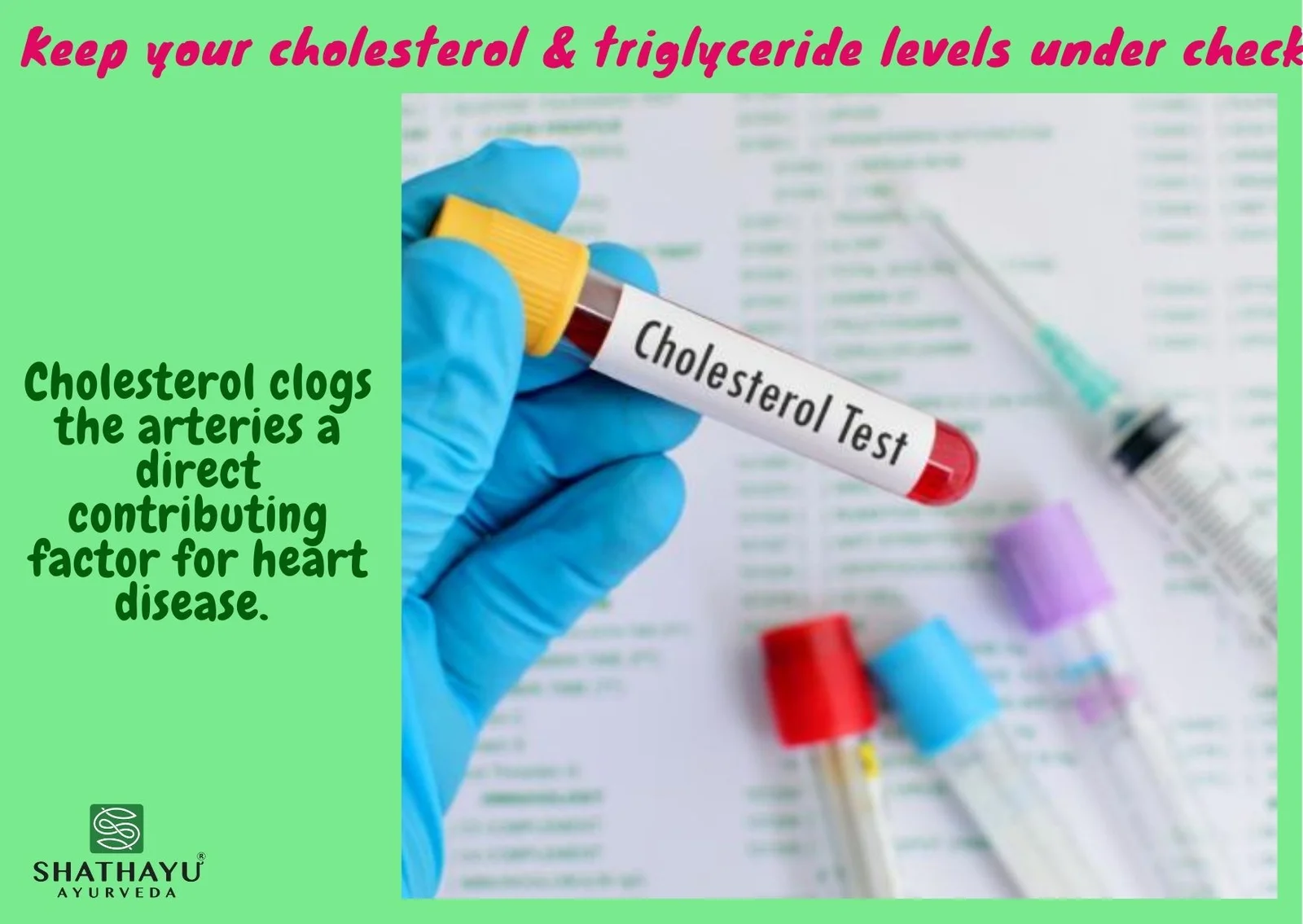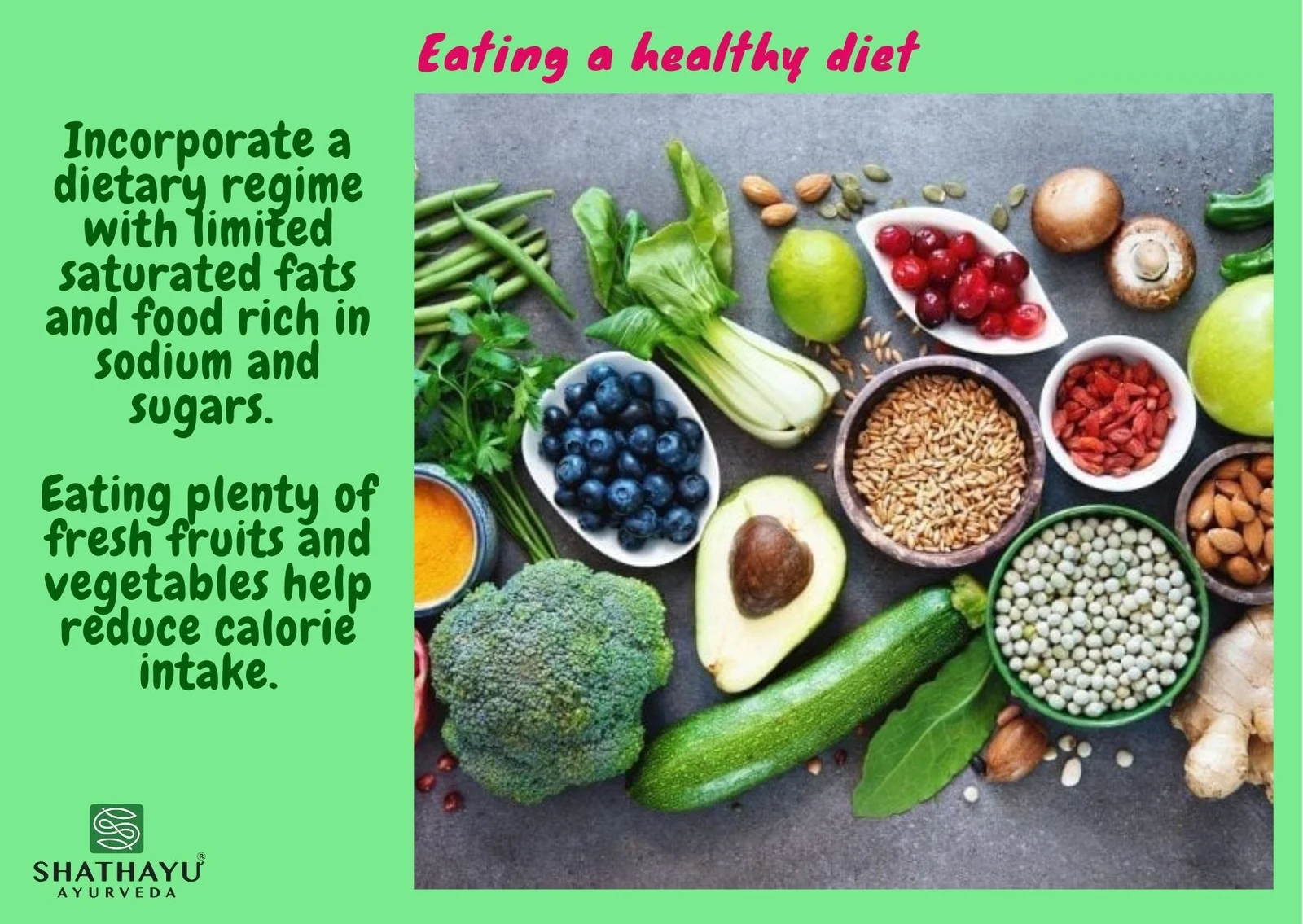The human heart plays an important role in supplying oxygen and nutrients to the tissues of our body through the circulatory system. Apart from pumping blood, it also helps in removing carbon dioxide and other wastes from the tissues. The most common reason for coronary heart disease is when the heart’s blood supply is blocked or interrupted by a buildup of plaque or fatty substances in the coronary arteries.
The heart has to work extra hard to pump blood through clogged arteries and veins. This narrowing of the arteries can build up over time to cause chest pain and shortness of breath commonly called as angina. Managing stress also contributes to lowering powerful stress hormones like cortisol and adrenalin necessary for a healthy heart.
Amazing facts about the human heart
The human heart plays an important role in supplying oxygen and nutrients to the tissues of our body through the circulatory system. Apart from pumping blood it also helps in removing carbon dioxide and other wastes from the tissues.
The tissues in our body require a constant supply of nutrition to be active. A human heart is roughly the size of a large fist and weighs about 280 to 340 grams for men. Here are some fascinating facts about the human heart to help ponder over why everyone should take heart care seriously.
- Your heart beats more than 110,000 times a day.
- It pumps over 5 ½ litres of blood every minute, that is about 7500 litres of blood everyday
- There are over 95,000 km of blood vessels in our body, enough to go around the earth twice.
- Apart from the cornea, every part of the body receives blood from the heart.
- A woman’s heart beats slightly faster than that of a man.
- The heart begins to beat from four weeks after conception and does not stop until death.
- If you grab tennis ball and squeeze it, that’s how hard the beating heart works to pump blood.
- The human heart has its own electrical impulse; this means it can beat even when it’s separated from the body, as long as it gets its adequate supply of oxygen.
Symptoms of Heart Disease
The following symptoms are an indication of heart disease
- Pain in the chest, tightness, pressure or discomfort around the chest.
- Shortness of breath, pain, numbness in our legs and arms
- Pain in the neck, throat, jaw and upper abdomen can also indicate the prevalence of heart disease.
- Swelling of the ankles and feet, dizziness, fainting and irregular heart beat
Tips to lowering the risk of heart disease.
Here are a few tips to ensure a healthy heart.
1. Controlling your blood sugar & blood sugar levels

2. Keeping your cholesterol & triglyceride levels under check

3. Maintaining a healthy weight

4. Eating a healthy diet

5. Exercising regularly

6. Limit alcohol intake & avoid smoking & substance abuse

Caring for your heart matters

The most beautiful things in the world cannot be seen or even touched; they must be felt with the heart. Keeping our heart healthy is paramount to our wellbeing. On this World heart day let’s resolve to give what the heart needs most “some tender loving care”.
“Prayer is not asking. It is a longing of the soul. It is daily admission of one’s weakness. It is better in prayer to have a heart without words than words without a heart.” ― Mahatma Gandhi

